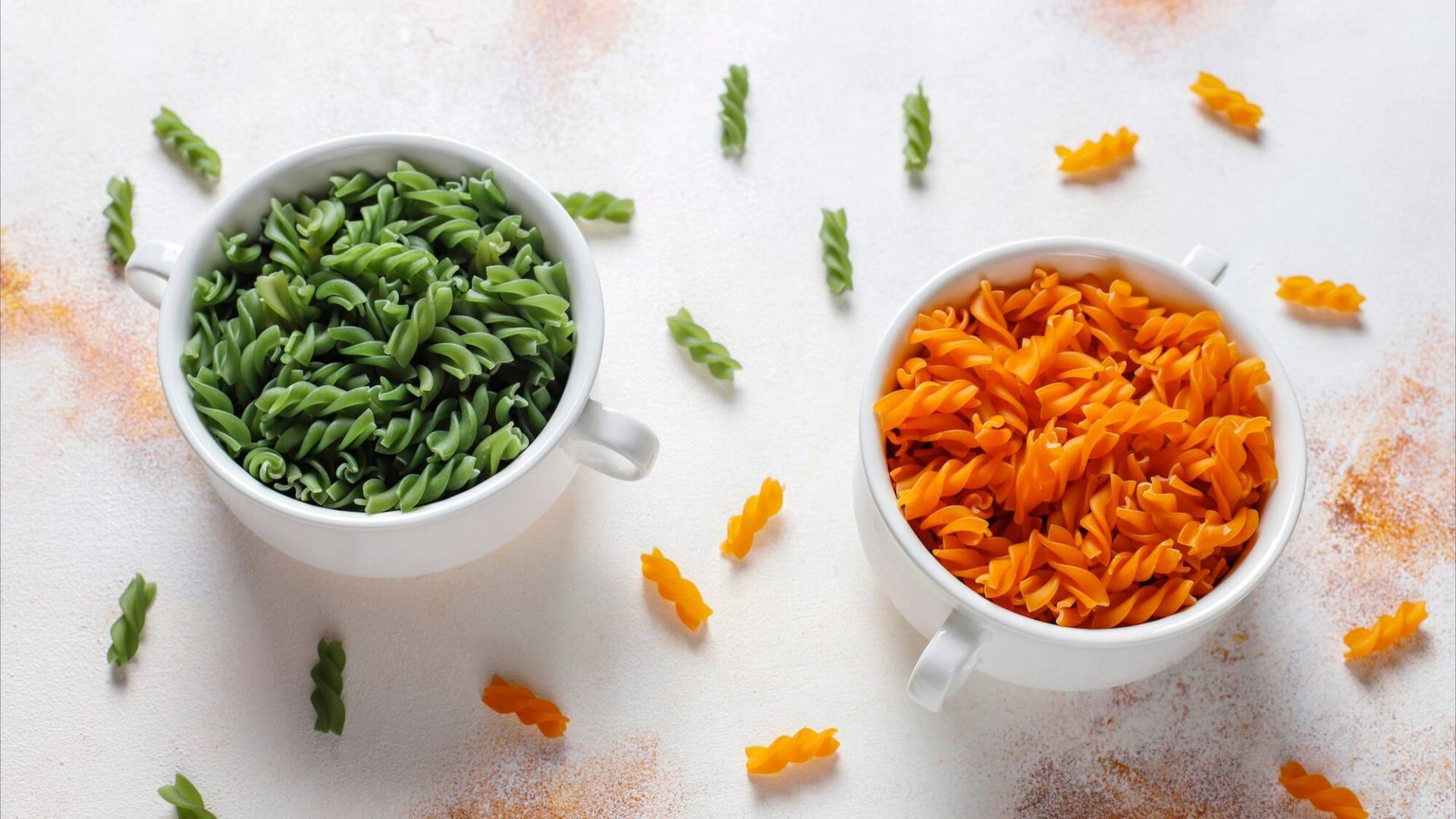Find out why everyone is talking about legume pasta: is it really healthier than traditional?

In recent years, legume pasta has emerged as one of the most popular alternatives to wheat pasta, thanks to its nutritional profile and the benefits promoted by nutritionists and food bloggers. But is legume pasta really healthier than traditional pasta? In this article we take an in-depth look at the properties, health benefits, and possible contraindications of this food increasingly present on our tables.
What is legume pasta?
Legume pasta is made using flours obtained by grinding dried legumes such as lentils, chickpeas, peas or beans. Legume pasta, unlike traditional wheat-based pasta, is naturally gluten free, a feature that makes it perfect for people with celiac disease and people intolerant to gluten.
What are the benefits of legume pasta?
Legume pasta differs markedly from traditional pasta in its nutritional profile, making it an increasingly popular choice for those seeking a healthy, balanced diet.
- Rich in vegetable protein: a 100-gram serving of legume pasta can contain between 20 and 25 grams of protein (20 to 25%), depending on the legume used (chickpeas, lentils, peas, etc.). This makes it ideal for athletes, vegetarians and vegans.
- High fiber intake: compared to wheat pasta, legume pasta is naturally higher in fiber. This promotes smoother digestion and helps maintain a sense of satiety for longer, also helping with weight control.
- Fewer carbohydrates: legume pasta contains fewer carbohydrates than traditional pasta, making it a viable option for those on low-carb diets or wishing to limit their intake of simple sugars.
- Lower glycemic index: due to the combination of protein and fiber, the absorption of glucose into the bloodstream occurs more gradually. This makes legume pasta a strategic choice for those who need to manage their blood sugar, such as people with type 2 diabetes.
- Gluten-free: Being naturally gluten-free, legume pasta is perfect for those with celiac disease or gluten intolerance, without giving up the pleasure of pasta.
Source: the food journal
Possible contraindications of legume pasta
Despite its many nutritional benefits, there are some aspects of legume pasta that you should be aware of before introducing it regularly into your diet.
Different taste and texture from traditional pasta
The taste of legume pasta may be less familiar than durum wheat pasta. It has a stronger flavor and a slightly firmer texture, which may require a period of adjustment, especially for those accustomed to classic pasta.
Possible effects on digestion
Because of its high fiber content, legume pasta may cause bloating or intestinal discomfort in particularly sensitive individuals. It is advisable to start with moderate portions and evaluate your body's response.
Price and availability
Compared to traditional pasta, legume pasta tends to be more expensive and, in some cases, may not be readily available in small supermarkets or less well-stocked outlets.
Source: gran duca restaurant
How to season legume pasta?
Legume pasta is a nutritious and gluten-free alternative to traditional pasta, perfect for those looking for protein and light dishes. But how to season legume pasta to enhance its flavor and maintain a healthy profile?
Here are 5 simple and healthy ideas:
- Seasonal vegetables and EVO oil: zucchini, cherry tomatoes, spinach or asparagus sautéed with a drizzle of extra virgin olive oil create a light, fiber-rich sauce for legume pasta.
- Basil, zucchini or arugula pesto: great for contrasting the stronger taste of legume pasta.
- Avocado and lemon cream sauce: a creamy, fresh sauce rich in good fats.
- Tomato and chickpea sauce: for a 100% vegetable and protein dish.
- Salmon and Greek yogurt: an ideal combination for a complete and balanced meal.
And have you ever tried legume pasta?
Have you ever tried legume pasta? In recent years it has become a super popular alternative for those seeking a healthy, protein and gluten-free diet. Whether you love it for its taste, digest it better than traditional pasta, or are still skeptical, we want to know your opinion! Do you have a brand or recipe to recommend? Share your experience with legume pasta in the comments and help us understand if it really is the future of healthy cooking.
You might also be interested in:
 Daniele Mainieri
Daniele Mainieri

Comments